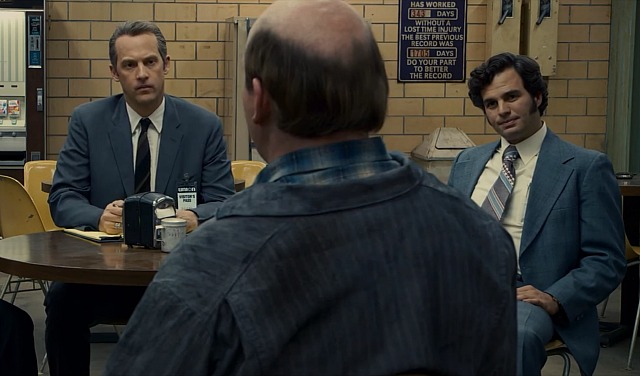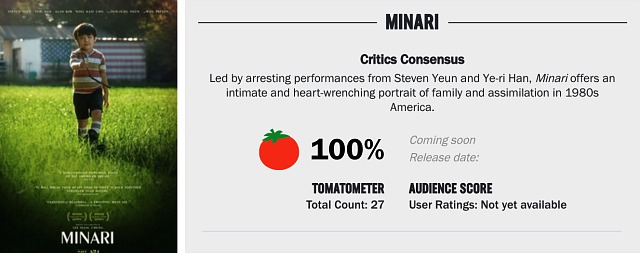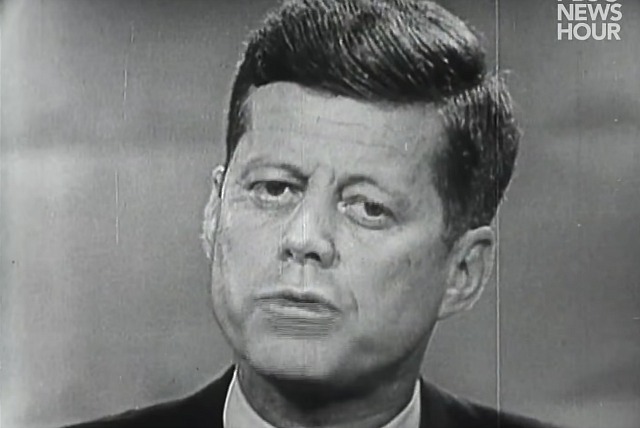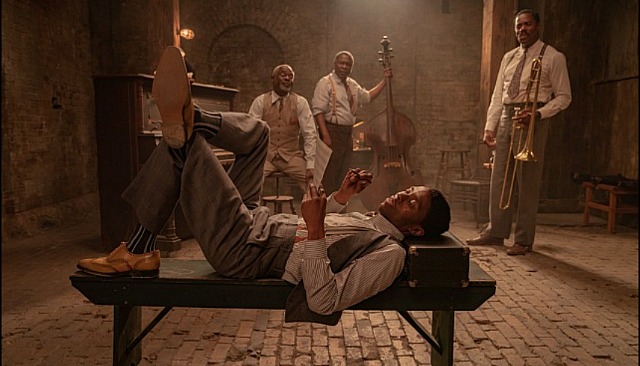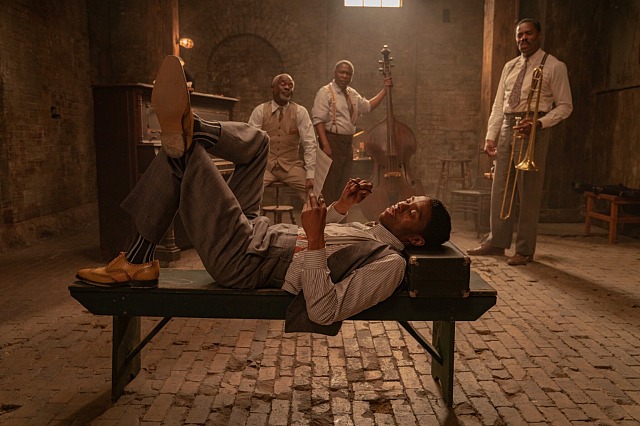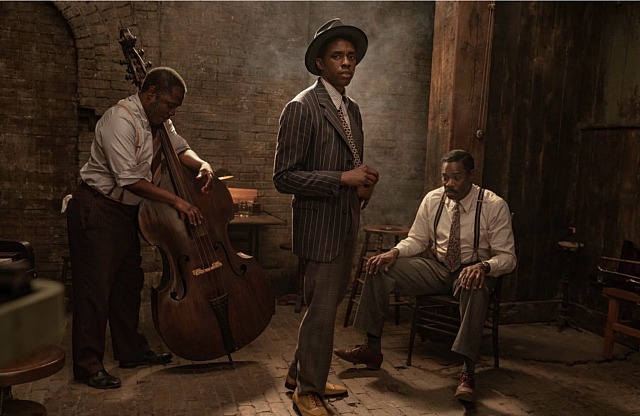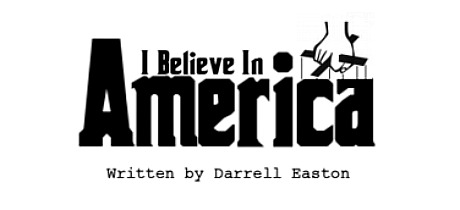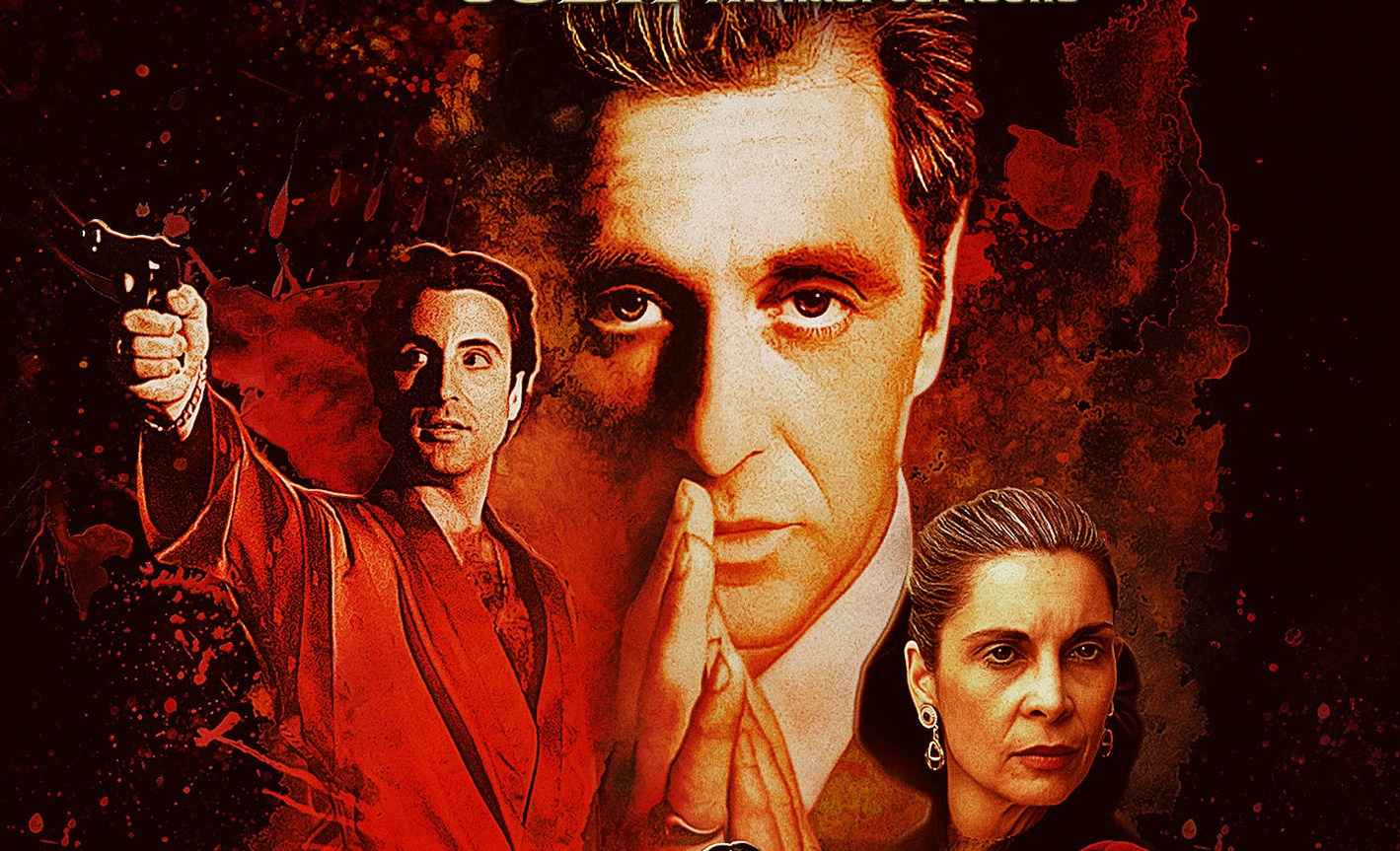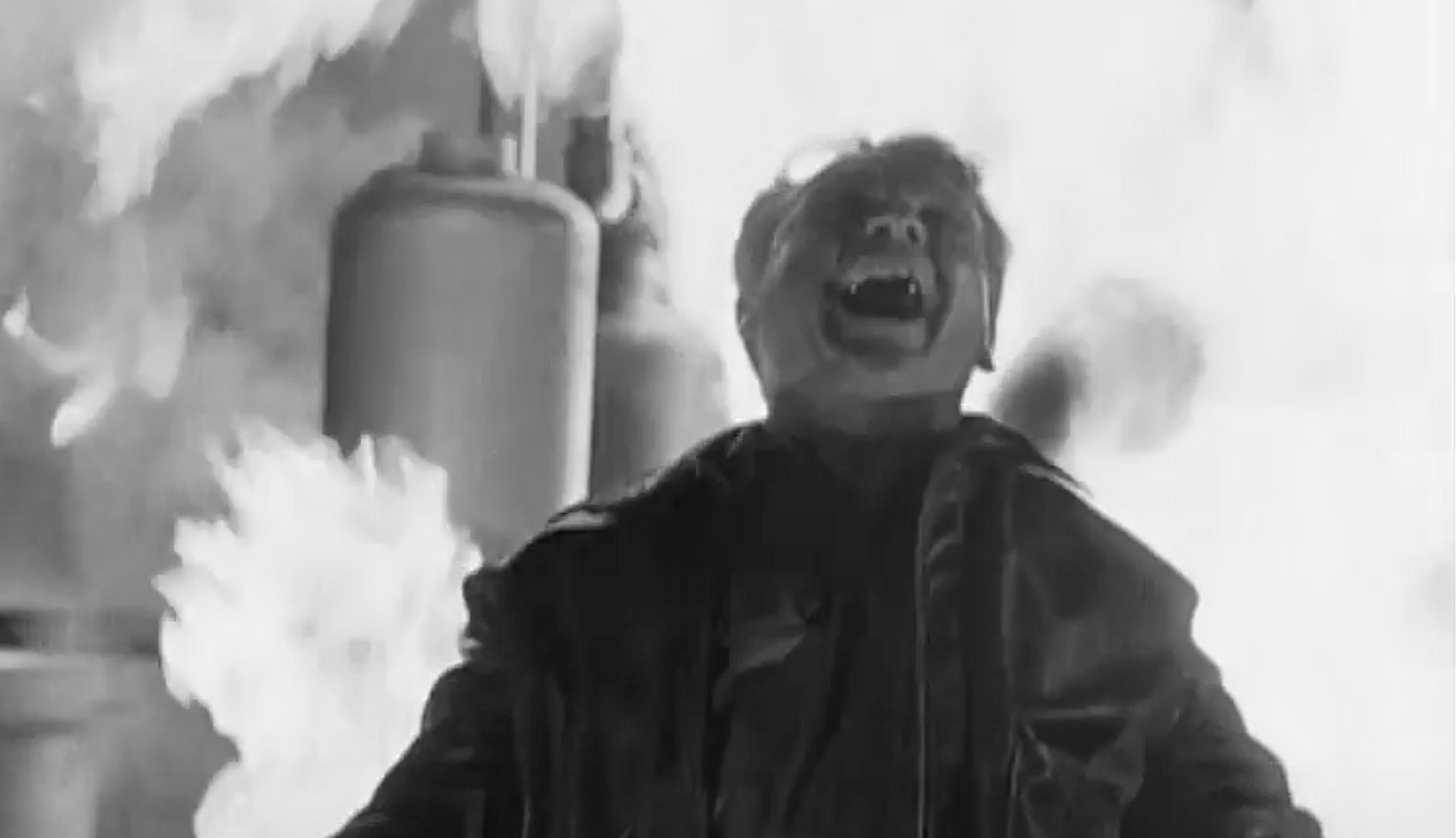This morning Deadline‘s Mike Fleming reported that Barry Levinson will direct Francis And The Godfather, with Oscar Isaac starring as Francis Coppola and Jake Gyllenhaal as Robert Evans. Pic will be a how-it-all-went-down drama about the making of The Godfather. It’s based a Black List script by Andrew Farotte that was redeveloped by Levinson.
I read a draft of Farotte’s script about five years ago, and I have to say that Terry Clyne‘s I Believe in America, another script about the making of the 1972 Best Picture Oscar winner, read better. Here’s what I posted on 12.25.15. The piece was called “American Demimonde”.
“I Believe in America is an authentic-sounding, tightly written, 117-page saga of the making of The Godfather. It’s told mostly from the perspective of then-Paramount chief Robert Evans and secondarily the POVs of director Francis Coppola, senior Paramount production executive Peter Bart, Al Pacino, Marlon Brando, Ali McGraw, Mario Puzo, Gulf & Western’s Charles Bluhdorn, Diane Keaton, Sidney Korshak and just about everyone else who had anything significant to do with this landmark 1972 film.
“I began reading it on my iPhone when I was in Manhattan last night, and then I got on a Brooklyn-bound C train somewhere around page 35. I had finished it by the time I hit Nostrand Ave. I flew right through it. I was hooked from the get-go.
Clyne’s script (Darrell Easton is a pen name) is quite the demimonde of neurotic, obsessive Hollywood power players, and I’m telling you it feels as realistic and trustworthy in giving voice to these characters as The Godfather felt like a Real McCoy portrayal of an Italian-American crime family. We’ve all read accounts about the making of this American classic but it’s very satisfying to find them told so smoothly and believably in such a well-honed, fat-free screenplay.
“I know Robert Evans personally (or used to know him back in the ’90s and early aughts) and Cline has totally nailed his manner, speaking style, way of thinking. Coppola sounds like Coppola, Pacino sounds like Pacino…everyone and everything sounds genuine and solid, and the story moves along in a way that feels throughly disciplined and engrossing.
“And it begins brilliantly. It begins, believe it or not, with Woody Allen, in a production meeting with Evans about the making of Play It Again, Sam, and discussing the character of American organized crime. And Allen is shot in the same slow-backwards-zoom way in which Coppola introduced Bonasera the undertaker in the opening moments of The Godfather.
“‘I’ll tell you who believes in America,’ Allen says. ‘The mob. The mafia. I mean, where else but in America could organized crime take in over forty billion dollars a year and spend so little on office supplies?’ And then the kicker: ‘And you know what the real joke about organized crime is? The mob is like a regular company. I mean a business, a firm, like American Steel.’ And a fuse is lit within Evans and we’re off to the races.
Read more


